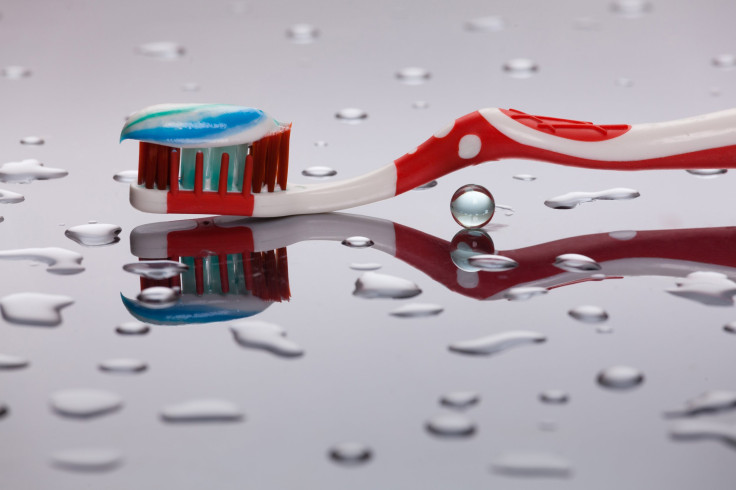Fluoridated Water Safe To Drink, Harmless To IQ; Will The Evidence Quiet Conspiracy Theorists?

Among the most popular conspiracy theories espoused by right-wing libertarians in America today is the notion that the U.S. government has for decades poisoned the population with fluoridated water known not only to fight cavities but to lower IQ — the better to explain the political complacency of today’s generation of “sheeple,” they say.
“They knew back in the 30s… The Nazis... hundreds of articles, anyone can go search this and this is the type of information I’m aware of,” says Alex Jones, whose “Prison Planet” online presence draws a quarter-billion hits per month. “And I have to sit here and walk up to a group of cops and tell them that they’re drinking poison and I’m the kook, I’m the weirdo.”
Long before the rise of Alex Jones and his co-conspirators, however, some suggested the Nazis secretly fluoridated the water supply as a way of controlling the population. In that theory, fluoridated water damages the human pineal gland, promoting docility.
More credibly, researchers from Harvard University in 2012 reviewed studies on the effects of water fluoridation on children, finding those who lived in areas with heavily fluoridated water "had significantly lower IQs than those who lived in low-fluoride areas." Those investigators concluded that fluoride is an additive “with substantial evidence of developmental neurotoxicity.”
Yet a new study from researchers at the University of Otago in New Zealand, with funding from neither the U.S. government nor the Nazis, casts aspersions on the theory. Analyzing data from 1,000 New Zealanders born in Dunedin during 1972 and 1973, study author Jonathan Broadbent compared suburban residents who were exposed to fluoride with those who were not, also accounting for the chemical additive in toothpaste and tablets.
Since the early 20th century, the U.S. and many other countries began adding the chemical routinely to water supplies, as a way of lowering tooth decay in the promotion of greater dental health.
"Our analysis showed no significant differences in IQ by fluoride exposure, even before controlling for the other factors that might influence scores,” Broadbent told Medical News Today. “In line with other studies, we found breastfeeding was associated with higher child IQ, and this was regardless of whether children grew up in fluoridated or non-fluoridated areas."
The long-term study on which Broadbent based his conclusions compared IQ scores for 992 study participants, ages 7 to 13, who were again tested at age 38 for verbal comprehension, perceptual reasoning, working memory, and processing speed. The researchers also accounted for factors known to influence IQ in childhood, such as socioeconomic status, birth weight, breastfeeding, and educational achievement.
“Our findings will hopefully help to put another nail in the coffin of the complete canard that fluoridating water is somehow harmful to children’s development,” Broadbent told Medical News Today. “In reality, the total opposite is true.. as it helps reduce the tooth decay highlighting the childhood of too many New Zealanders.”
In explaining the stark difference between his study and Harvard’s, Broadbent had some trash talk for his American counterparts: “It’s a meta-analysis based on poor-quality research.”
The study was published this month in the American Journal of Public Health.
Source: Broadbent, Jonathan. Community Water Fluoridation and Intelligence: Prospective Study in New Zealand. American Journal of Public Health. 2014.



























